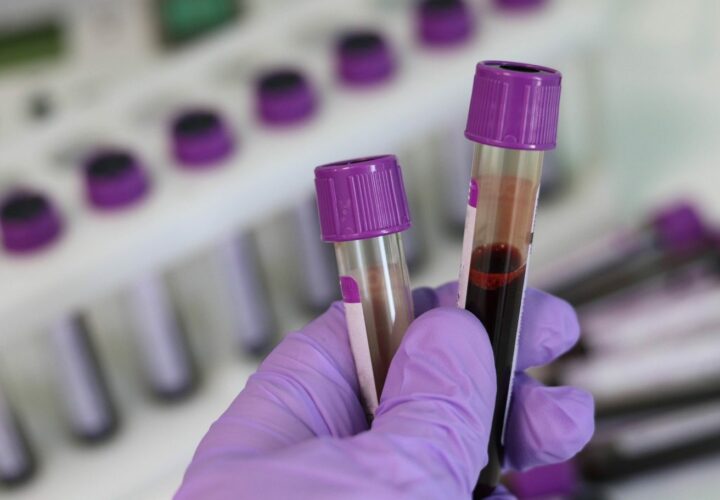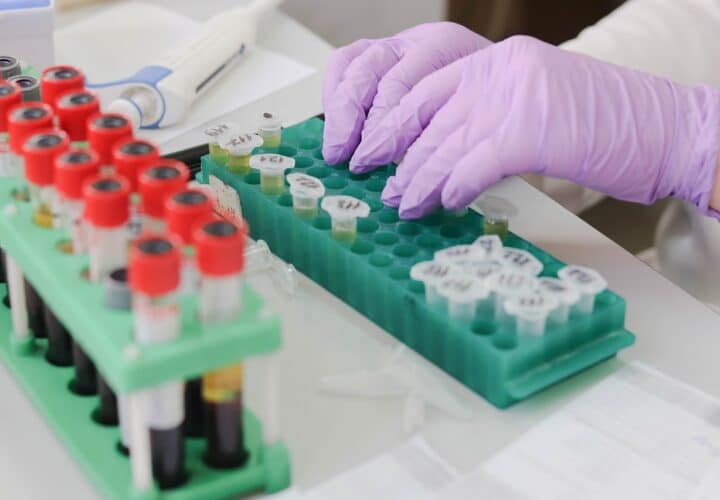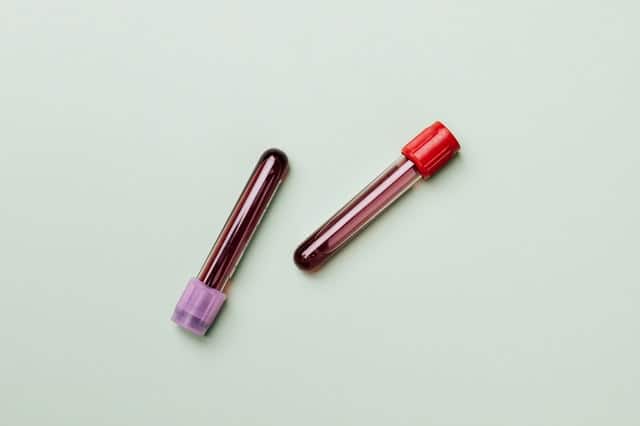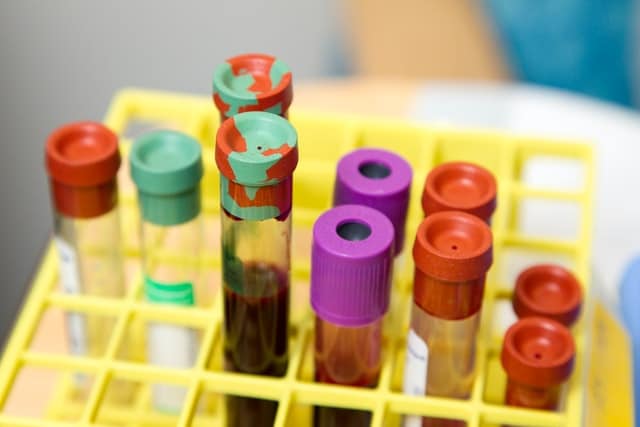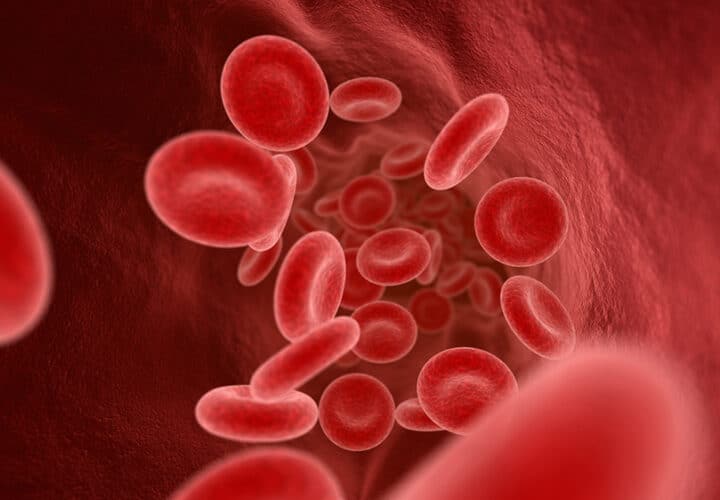At this year’s AAIC, the developer of an Alzheimer’s blood test debuts promising data, while the Alzheimer’s Association warns new blood-based biomarkers aren’t quite ready for prime-time.
SAN DIEGO – The Alzheimer’s Association International Conference kicked off on Sunday with a bit of unexpected news from a small biotechnology company that says their new data determines blood tests for Alzheimer’s can be just as accurate as expensive PET scans or spinal cerebrospinal fluid taps.
In a news release, Joel Braunstein, co-founder and president and CEO of C₂N, called his company’s data an “impactful and exciting milestone.”
“The progress we are making with the development of a logistically simple, cost-effective, and widely accessible blood test that determines the presence or absence of Alzheimer’s brain pathology with similar levels of performance to more invasive testing standards brings us one step closer to realizing our ambitions,” Braunstein said.
In a competing news release, the Alzheimer’s Association essentially said “not so fast,” presenting results from an international workgroup that found that blood-based biomarkers [BBMs] are not yet ready for widespread use.
A number of different blood tests for Alzheimer’s have been in development for the past several years. Many are designed to detect the disease’s key biomarkers — beta-amyloid and tau proteins in the brain — via blood plasma, which is a faster, less invasive, more affordable and more geographically accessible approach than current diagnostic approaches that involve brain scans and spinal taps.
Like another Alzheimer’s blood test by Quest Diagnostics, C₂N’s PrecivityAD™ test is designed to identify Alzheimer’s biomarkers that have not yet seen widespread adoption in the field, in part due to a lack of data and questions about efficacy.
“Blood-based markers show promise for improving, and possibly even redefining, the diagnostic work-up for Alzheimer’s,” Maria C. Carrillo, Alzheimer’s Association chief science officer said in the Alzheimer’s Association’s news release. “Remarkable progress has been made,” Carrillo added, “but additional data are needed before BBMs can be used as a stand-alone test for diagnosis, and before considering broad use in primary care settings.”
The association released an article in its journal titled “Appropriate Use Recommendations for Blood Biomarkers in Alzheimer’s Disease,” which outlines a series of recommendations for moving forward with research on blood biomarkers.
The article’s lead author Oskar Hansson, director of the Center for Neurodegenerative Diseases at Lund University and Skane University Hospital in Malmo, Sweden, wrote that blood-based biomarkers are “likely to revolutionize the diagnosis of Alzheimer’s in the future.”
“That said, the implementation of such markers in trials and practice must be done in a careful and controlled way so as not to accidentally cause more harm than good,” Hansson said. “Much more research is needed before widespread clinical use of BBMs.”
One challenge the association identified was the homogeneity of trial subjects with most research to date done on white individuals, particularly white males.
While the association termed blood based biomarkers are not yet ready for prime time, they said such tests show “great promise,” particularly in areas such as pre-screeners to identify individuals likely to have Alzheimer’s – but only if Alzheimer’s status is confirmed with PET scans or spinal taps.
What’s next for C₂N’s Alzheimer’s blood test?
Most of these blood tests, however, are still years from completion.
C2N has been ahead of the curve. Their test, PrecivityAD™, has been specifically designed for people 60 and older who are experiencing cognitive impairment, and who are accordingly seeking testing for Alzheimer’s. It is commercially available in most U.S. states and in Europe as of December 2020, at a cost of $1,250 per patient as of that release, but it has not yet secured FDA approval. Braunstein and team will continue to study efficacy and share data around these new biomarkers.
